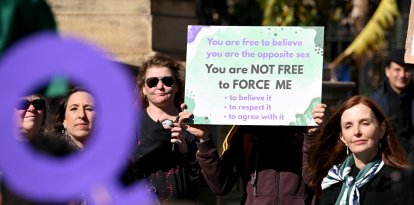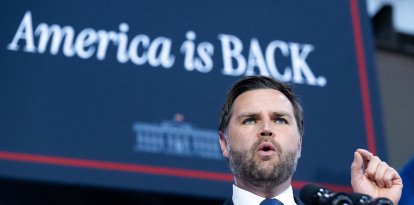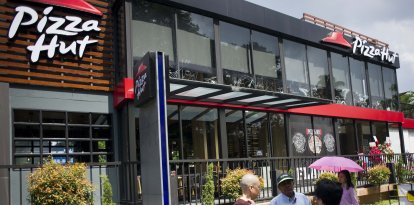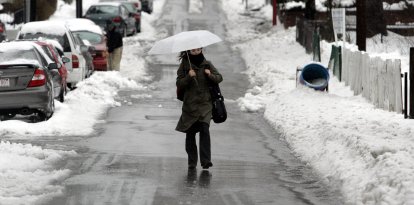Idaho crime: police searching for white Hyundai that may be linked to murders
A month after the murders, the FBI will take over the tip line to expedite the investigation in an effort to solve the case as soon as possible.
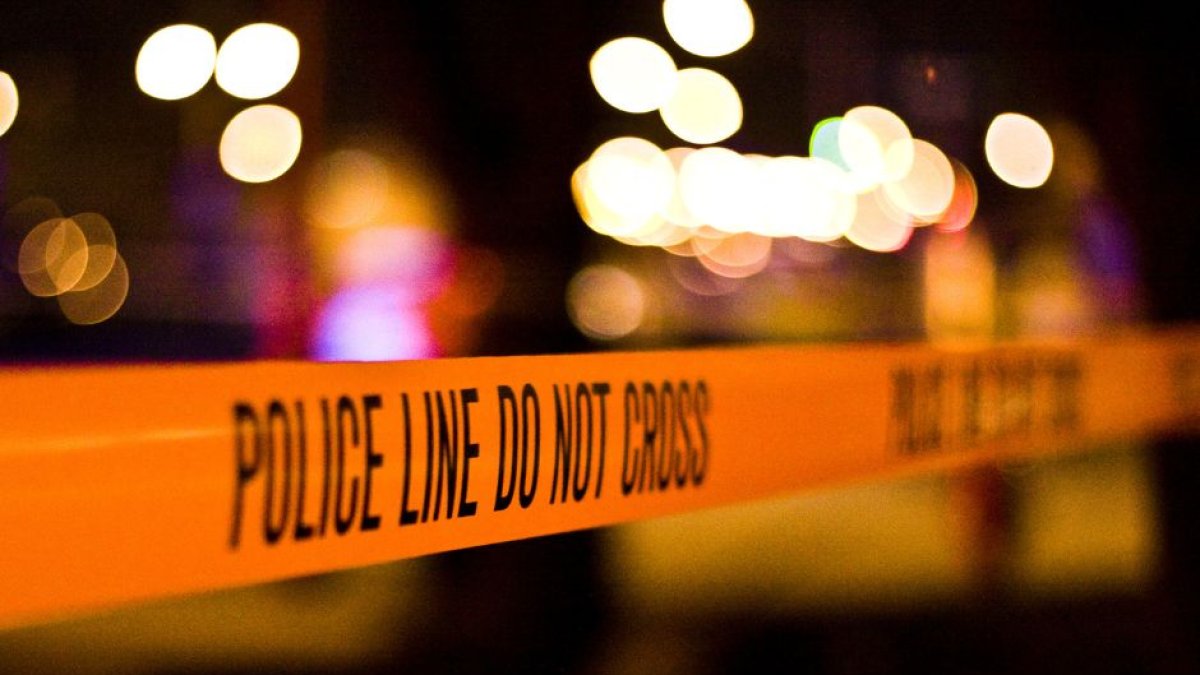
(Tony Webster / Wikimedia)
Nearly a month after the murders of four young people at the University of Moscow, Idaho, police are still trying to shed light on what happened. Six Moscow detectives, 48 FBI investigators and more than a dozen Idaho State Police law enforcement officers are tasked with trying to solve what happened the night Kaylee Goncalves, Madison Mogen, Xana Kernodle and Ethan Chapin died.
The latest clues indicate that a white Hyundai Elantra may be linked to the crime. Police officers are devoting some of their resources to trying to find the car, as Moscow Police Chief James Fry reported during a short interview that the local police department posted on its YouTube channel:
The body camera does not contain relevant information
That search for the white vehicle is still ongoing, as was repeated in the press release shared hours later by Moscow police about the Idaho murders. The letter also revealed important details about the car, including that it has an "unknown license plate" or that it was identified as "being in the immediate area of the King Street residence during the early morning hours of November 13":
Comunicado de prensa public... by VozMedia
However, as Fry assured during his brief press conference, it is not the same vehicle that could be seen in the images recorded by the body camera. In fact, the report contains no material relevant to the case for the time being. Yes, he assured, in the video you see a white car but it is not the same one:
FBI takes over the tip line
In the same statement, the Moscow police chief reported another important development in the investigation of the Idaho murders: the tip line will now be coordinated by the FBI. This, according to James Fry, will allow for more agility in pursuing the case:
The tip line continues to be fundamental for the investigation and, in fact, there are several press releases asking for citizen collaboration and requesting that they do not hesitate to send any information they consider relevant to the case. Currently, the police have more than 2,645 leads sent by e-mail, 2,770 by telephone and 1,084 audiovisual materials.
The door, open?
One of the great unknowns about the Idaho crime is in finding out how the killer of the young people was able to enter the residence. And a neighboor may have the answer.
As he recently informed FOX News, the front door of the King Street house, which is on the level of where the other two companions who were in the house were unharmed, was "wide open" hours after the homicides, specifically at 8 A.M.
How the killer gained access is one of the few pieces of information that the police have and do not want to disclose: "That type of information is part of the investigation and is not being released," a spokesperson recently told FOX News when they were asked about the condition of the front door following the Idaho murders.
Relatives will be able to collect the personal belongings of the victims
Last Wednesday, some of the belongings of the young men killed in Idaho were released. Police Chief James Fry and other officers were in charge of removing some of the college students' personal belongings from the residence (which are still being analyzed) so that their families could pick them up.
The decision was made because, according to the authorities, "they are no longer needed for the investigation." In addition, according to James Fry, they could have sentimental value for those who lost their youngsters: "It's time we gave back those things that really mean something to those families. I'm a parent. I understand the meaning behind some of those things."
The statement shared by the police informing them of this decision clarified that the items will be sent to a "safe place" until the families can pick them up.
Comunicado de prensa del De... by VozMedia
Fry also wanted to send a message of support where he assured the families that they would do their duty: "We are going to do our job and we are going to do this to the best of our ability. We owe this to the families, we owe it to the victims, we owe it to our community, so we're going to continue."
















